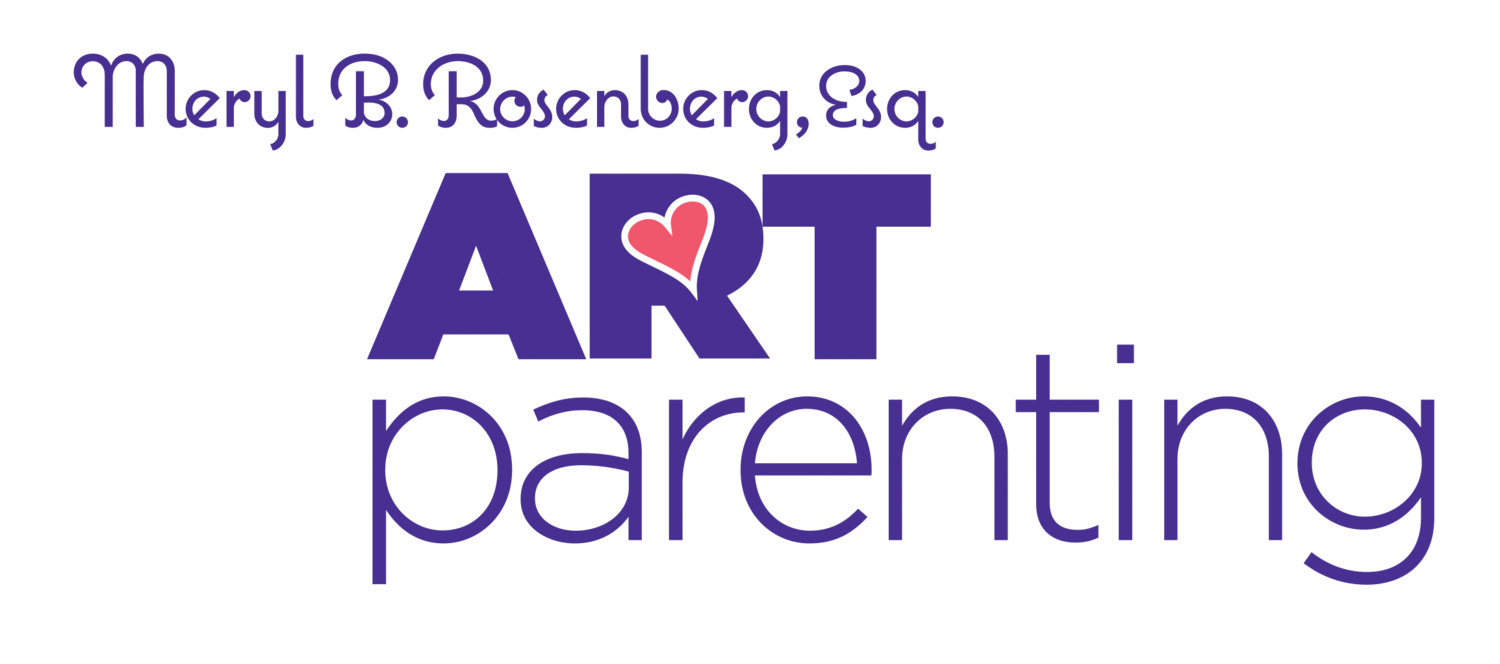
The Surrogacy Blog
HOW TO CHOOSE A SURROGACY AGENCY: A Guide for Intended Parents
One of the biggest challenges intended parents face, having made the decision to build their family with the help of a surrogate, is choosing the right surrogacy program or agency to assist them. Choosing a program you can fully trust can mean the difference between a professional, enjoyable, smooth process and one that is not only stressful, but possibly lengthy and unsuccessful.
What LGBTQ Couples Need to Know: SECOND-PARENT ADOPTION
Second-parent adoption is the adoption of a child by a second parent who may not otherwise be considered a legal parent. For gay men and lesbians building families, it’s an important legal tool. As a crucial step toward parenthood for gay men and lesbians, LGBT couples should always consider availing themselves of the legal mechanism of second-parent adoption.
GESTATIONAL SURROGACY: SINGLETON OR TWINS There are known risks and costs associated with multiple births
Historically, multiple pregnancies were not uncommon with an IVF cycle. The reason for this was straightforward. Due to the technology involved, in order for IVF to be successful, multiple embryos were often transferred at the same time increasing the chance of at least one embryo implanting and resulting in a successful pregnancy. Today, transferring more than one embryo is not recommended by unless there is a clear medical reason to transfer two. The primary reason for this
BIRTH ORDERS / JUDGEMENT OF PARENTAGE FOR SURROGACY ARRANGEMENTS
For intended parents: When a gestational surrogate is carrying your baby, one of the most important steps is to ensure that you are legally recognized as the parent(s) by the appropriate court or legal process. You may see this sometimes referred to as “pre-birth order” and “post-birth order,” which refers to the full court process that may be necessary to recognize you as the child’s parents.
Where Do Babies Come From?
In this humorous spot from Family Equality, two fathers are shown putting their adopted son to bed when the little boy asks the classic question, “Where do babies come from?”
EGG DONATION CONTRACTS: Why You Should Have One
Egg donors can make aspiring couples’ and individuals’ desire to build a family a reality. As with any legal arrangement, all parties in an egg donation arrangement should have a written agreement. Although you may feel that the consent documents you sign with your fertility center are sufficient, keep in mind those are consents to treatment between you or the egg donor and the medical practice — they are not actually a legal agreement between you and the donor.
GESTATIONAL SURROGACY CONTRACTS: Important Considerations
Surrogacy is a wonderful, in many ways magical, event. It is also a legal arrangement. The more clearly the specifics, the expectations, and the obligations are spelled-out up front, the less chance there will be disappointments at any point in the journey.
The Second Time Around: First — TWINS. Then a SINGLETON SURROGACY.
The first time Gina worked with ARTparenting, everything from the match with the intended parents to the healthy delivery of the couple’s boy-and-girl twins went amazingly smoothly. The entire surrogacy had gone so well the two dads reached out to ARTparenting again to see if Gina would consider helping them add another child to their family —with a second surrogacy.
SONYA'S STORY: The Parents Express Their Gratitude
We met Sonya through Meryl, and immediately were impressed with her maturity which came through during our first Skype chat with her. It’s daunting to entrust a stranger with carrying your child, and you hope and pray that she will care for the baby as if it were her own.
Why Become a Surrogate? SONYA’S STORY: A decision inspired by a movie and a wish to “pay it forward.”
From the time Sonya saw Baby Mama as a young teenager, surrogacy was something she knew she wanted to pursue. And she makes no apologies for the fact that it was Hollywood that put the idea in her head and, as she puts it, “really got the ball rolling for me.”
TRUE FRIENDS AND PARTNERS ON THE “JOURNEY TO PARENTHOOD” Part 2: The Gestational Surrogate’s Story
I tend to be a person who researches everything, and when I first began thinking about being a surrogate, I wanted to know everything about it. I quickly came upon ARTparenting’s website and decided pretty fast that I wanted to work with them. Meryl and Julie are absolutely amazing.
SURROGACY AFTER CANCER: Bethesda Magazine features a family formed with help from ARTparenting and a loving sister.
Randi Fishman was only 28 when she found out she had breast cancer the first time. After a recurrence, doctors advised her never to get pregnant.
PARENTHOOD AT LAST! Hope, Hurdles, and Happiness
Alex and Yoni, a gay couple who’ve been together for five years, both work in corporate jobs in California’s Silicon Valley. Israeli by birth, they emigrated to the United States with the specific desire not just to begin a new life, but to become parents.
TRUE FRIENDS AND PARTNERS ON THE “JOURNEY TO PARENTHOOD”
My name is Lindsay and my husband John and I live in Silver Spring, Maryland, just outside Washington, DC. I work for an educational technology company, and John works in on-air content development for nonfiction television. Like many intended parents, we came to ARTparenting because of an infertility issue.
AMAZING PODCAST: MAKING A FAMILY — The Emotional Trials of Infertility and Non-Traditional Family Building
Listen to an amazing podcast from the Jewish Women's Archive "Can We Talk" series featuring a Jewish couple who struggled with infertility for years, then finally decided to work with a gestational surrogate.
District of Columbia Ends 25-Year Ban on Surrogacy
After years of advocacy by Meryl B. Rosenberg, Esq. and other attorneys, a breakthrough new surrogacy law officially took effect in April, ending a long-standing ban on surrogacy arrangements in the District of Columbia.
EXPERT ADVICE: Empathetic and Effective Listening
“The human soul doesn’t want to be advised or fixed or saved. It simply wants to be witnessed — to be seen, heard, and companioned exactly as it is."
U.S. SURROGACY: Working with Intended Parents from Foreign Countries
ARTparenting talks with gestational surrogate Kristina about international surrogacy. Like many women who decide to be gestational surrogates, Kristina enjoys being pregnant, and always found giving birth to be a positive, fairly easy experience. A psychiatric nurse by profession, Kristina lives with her husband and four children.
HOW TO WORK WITH A SURROGATE: for Intended Parents
If you’re an intended parent considering surrogacy as a family-building option, you may be pondering an overwhelming number of questions about the gestational surrogate relationship such as: Who is this person who will carry our baby for nine months? How do we establish trust?
GESTATIONAL SURROGACY: Separating Fact from Fiction
There are lots of misconceptions about surrogacy. Here, we try to correct a few of the most pervasive fictions.
SURROGACY FICTION #1: Gestational surrogacy is only for the rich and famous.
SURROGACY FACT: Because of a recent series of celebrities, such as Sarah Jessica Parker, Elton John, Neil Patrick Harris, and Ellen Pompeo...




















